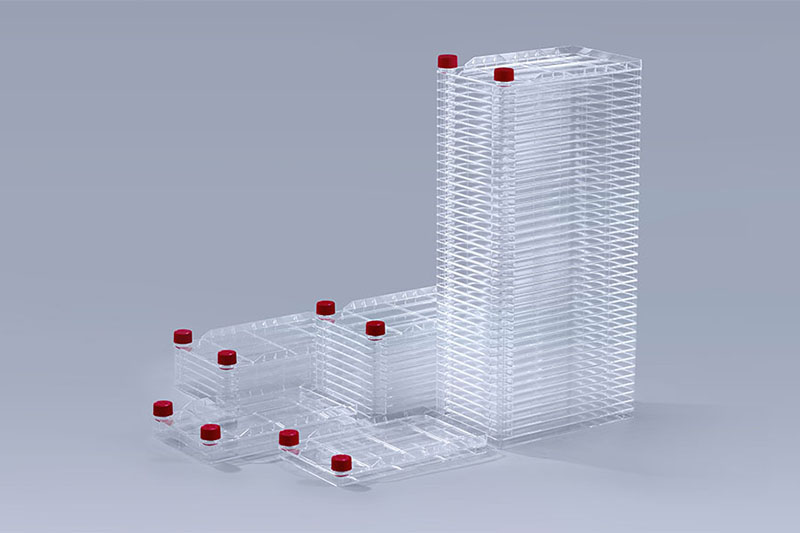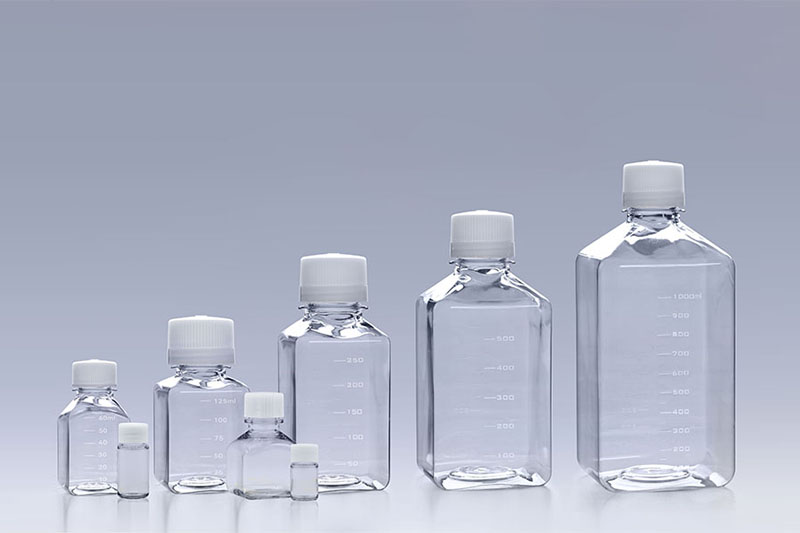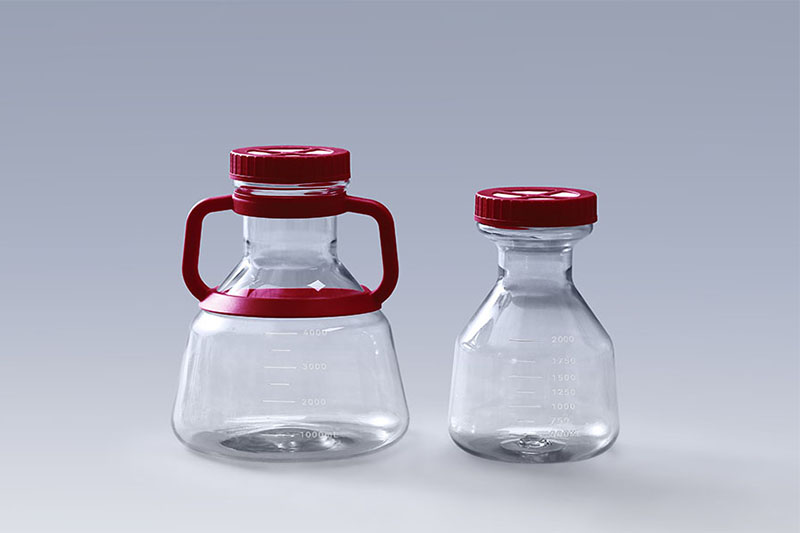For Immediate Release: March 14, 2023
Today, the U.S. Food and Drug Administration amended the emergency use authorization (EUA) of the Pfizer-BioNTech COVID-19 Vaccine, Bivalent to provide for a single booster dose of the vaccine in children 6 months through 4 years of age at least 2 months after completion of primary vaccination with three doses of the monovalent (single strain) Pfizer-BioNTech COVID-19 Vaccine.
What Parents and Caregivers Need to Know:
1. Children 6 months through 4 years of age who completed their three-dose primary series with the monovalent Pfizer-BioNTech COVID-19 Vaccine more than two months ago are now eligible to receive a single booster dose of the Pfizer-BioNTech COVID-19 Vaccine, Bivalent.
2. Since December 2022, children 6 months through 4 years of age who receive the first two doses with monovalent Pfizer-BioNTech COVID-19 Vaccine should complete their three-dose primary series with the Pfizer-BioNTech COVID-19 Vaccine, Bivalent. These children in this age group are not eligible for a booster dose of a bivalent vaccine at this time and are expected to have protection against the most serious COVID-19 outcomes. Today’s authorization is for those children 6 months through 4 years of age who completed their 3-dose primary vaccination series with the monovalent Pfizer-BioNTech COVID-19 Vaccine, before the Pfizer-BioNTech COVID-19 Vaccine, Bivalent was authorized to provide the third dose in the 3-dose primary series.
3. The Pfizer-BioNTech COVID-19 Vaccine, Bivalent includes an mRNA component corresponding to the original virus strain to provide an immune response that is broadly protective against COVID-19 and an mRNA component corresponding to the omicron variant BA.4 and BA.5 lineages to provide better protection against COVID-19 caused by the omicron variant.
“Today’s authorization provides parents and caregivers of children 6 months through 4 years of age who received the three-dose primary series with the monovalent Pfizer-BioNTech COVID-19 Vaccine an opportunity to update their children’s protection by receiving a booster dose with the Pfizer-BioNTech COVID-19 Vaccine, Bivalent,” said Peter Marks, M.D., Ph.D., director of the FDA’s Center for Biologics Evaluation and Research. “Currently available data show that vaccination remains the best defense against severe disease, hospitalization and death caused by COVID-19 across all age groups, and we encourage all eligible individuals to make sure that their vaccinations are up to date with a bivalent COVID-19 vaccine.”
FDA Evaluation of Available Effectiveness Data
For the authorization of a single booster dose of the Pfizer COVID-19 Vaccine, Bivalent for children 6 months through 4 years of age at least 2 months after completion of primary vaccination with three doses of the monovalent Pfizer-BioNTech COVID-19 Vaccine, the FDA evaluated immune response data from 60 children in this age group who had completed primary vaccination with three doses of monovalent Pfizer-BioNTech COVID-19 Vaccine and received a booster dose of Pfizer-BioNTech COVID-19 Vaccine, Bivalent in a clinical study. One month after receiving the Pfizer-BioNTech COVID-19 Vaccine, Bivalent, the study participants demonstrated an immune response to both the original SARS-CoV-2 virus strain and to omicron BA.4/BA.5.
In addition, the authorization is supported by the FDA’s previous analyses of the effectiveness of primary vaccination with the monovalent Pfizer-BioNTech COVID-19 Vaccine in individuals 16 years of age and older and individuals 6 months through 4 years of age, and previous analyses of immune response data in adults greater than 55 years of age who had received one booster dose with an investigational Pfizer-BioNTech bivalent COVID-19 vaccine (original and omicron BA.1).
FDA Evaluation of Available Safety Data
The safety of the Pfizer-BioNTech COVID-19 Vaccine, Bivalent as a booster dose in children 6 months through 4 years of age at least two months after completion of primary vaccination with three doses of the monovalent Pfizer-BioNTech COVID-19 Vaccine is based on the following safety data previously evaluated by the FDA:
1. A clinical study which evaluated a booster dose with Pfizer-BioNTech’s investigational bivalent COVID-19 vaccine (original and omicron BA.1), in individuals greater than 55 years of age,
2. Clinical studies which evaluated primary vaccination with the monovalent Pfizer-BioNTech COVID-19 Vaccine in individuals 6 months of age and older,
3. Clinical studies which evaluated booster vaccination with monovalent Pfizer-BioNTech COVID-19 Vaccine (previously, but no longer, authorized) in individuals 5 years of age and older, and
4. Postmarketing safety data with the monovalent Pfizer-BioNTech COVID-19 Vaccine and Pfizer-BioNTech COVID-19 Vaccine, Bivalent.
In addition, among individuals 6 months of age and older, safety was assessed in participants in two clinical studies. In one study participants 6 months through 11 years of age who were previously vaccinated with a 3-dose primary series of monovalent Pfizer-BioNTech COVID-19 Vaccine received a booster dose of the Pfizer-BioNTech COVID 19 Vaccine, Bivalent. Among 24 participants 6 months through 23 months, the most common side effects included irritability, drowsiness, injection site redness, pain and swelling, decreased appetite, fatigue, and fever. Among 36 participants 2 years through 4 years of age, the most common side effects included fatigue, injection site pain, redness and swelling, diarrhea, vomiting, headache, joint pain, and chills. Among 113 participants 5 through 11 years of age, the most common side effects included, fatigue, headache, muscle pain, joint pain, chills, fever, vomiting, diarrhea, injection site pain, swelling and redness, and swelling of the lymph nodes in the same arm of the injection. In another study, 316 participants 12 years of age and older who were previously vaccinated with a 2-dose primary series and a single booster dose of monovalent Pfizer-BioNTech COVID-19 Vaccine, received a second booster dose with the Pfizer BioNTech COVID-19 Vaccine, Bivalent. The most commonly reported side effects by the participants in this age group were the same as those reported by the participants in the 5 through 11 years age group.
The safety data accrued with the investigational bivalent vaccine (original and omicron BA.1) and with the monovalent Pfizer-BioNTech COVID-19 Vaccine are relevant to the Pfizer-BioNTech COVID-19 Vaccine, Bivalent because these vaccines are manufactured using the same process.
The fact sheets for recipients and caregivers and for healthcare providers include information about the vaccine’s potential side effects, as well as the risks of myocarditis and pericarditis.
The amendment to the EUA was issued to Pfizer Inc.
Source: https://www.fda.gov/news-events/press-announcements/coronavirus-covid-19-update-fda-authorizes-bivalent-pfizer-biontech-covid-19-vaccine-booster-dose
The FAI climbed 5.9 percent year-on-year in the first 11 months of 2018, quickening from the 5.7-percent growth in Jan-Oct, the National Bureau of Statistics (NBS) said Friday in an online statement.
The key indicator of investment, dubbed a major growth driver, hit the bottom in August and has since started to rebound steadily.
In the face of emerging economic challenges home and abroad, China has stepped up efforts to stabilize investment, in particular rolling out measures to motivate private investors and channel funds into infrastructure.
Friday's data showed private investment, accounting for more than 60 percent of the total FAI, expanded by a brisk 8.7 percent.
NBS spokesperson Mao Shengyong said funds into weak economic links registered rapid increases as investment in environmental protection and agriculture jumped 42 percent and 12.5 percent respectively, much faster than the average.
In breakdown, investment in high-tech and equipment manufacturing remained vigorous with 16.1-percent and 11.6-percent increases respectively in the first 11 months. Infrastructure investment gained 3.7 percent, staying flat. Investment in property development rose 9.7 percent, also unchanged.
 English
English



















































 Cell Factory
Cell Factory PETG Media Bottles
PETG Media Bottles Erlenmeyer Shake Flasks
Erlenmeyer Shake Flasks